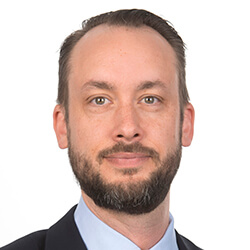
Research Institutes
Several world-renowned computer science institutes are located on the Saarland Informatics Campus at Saarland University – often only a few steps apart from one another. The researchers working here make Saarbrücken a unique European site for computer science.
.jpg)
Collaborative Projects
Researchers at the Saarland Informatics Campus regularly initiate and conduct large research projects that are funded by various organizations such as the German Research Foundation, Google, the Volkswagen Foundation, and others.
Centre for European Research in Trusted AI (CERTAIN)
The main objective of this initiative is to address the often disregarded “trust” aspect of AI systems. The goal is to develop new technologies that offer functional and other guarantees and ensure the reliability of AI systems.
Project duration: since 2023
Funding: Europäischer Fonds für regionale Entwicklung (EFRE)
ELLIS-Unit Saarbrücken AI & Machine Learning „SAM“
Founded in 2020 within the ELLIS Society, the ELLIS Unit SAM focuses on the further development of basic algorithms for artificial intelligence and machine learning (AIML) systems. SAM values security and trustworthiness and aims to enable future AI/ML systems with advanced functionalities for personalized assistants and autonomous decision making.
Project duration: since 2020
Explainable Intelligent Systems
The research project explores how the explainability of artificial intelligent systems contributes to the fulfillment of important demands of society such as responsible decision-making, trustworthiness of AI and much more.
Project duration: since 2019
Funding: Volkswagen Foundation
Foundations of Perspicuous Software Systems (CPEC)
The Interregional Collaborative Research Center CRC/TRR 248 “Foundations of Perspicuous Software Systems” aims to enable understanding in a cyber-physical world focused on humans. It was founded in January 2019, involves around 80 researchers (including 50 doctoral students) and is now in its second funding period, financed until 2026.
Project duration: since 2019
Funding: Deutsche Forschungsgemeinschaft (DFG)
Information Density and Linguistic Encoding (IDeaL)
The Collaborative Research Center CRC 1102 is focused on investigating how speakers strategically modulate linguistic encoding on the surprise effect to provide a unified explanation for language variation and use in different communicative environments and at different levels.
Project duration: since 2014
Funding: Deutsche Forschungsgemeinschaft (DFG)
Interdisciplinary Institute for Societal Computing (I2SC)
The I2SC at Saarland University promotes interdisciplinary research between the social sciences and computer science. With a focus on “Computing of Society” and “Computing for Society”, the institute explores social phenomena and develops concepts to improve social coexistence.
Project duration: since 2023
Neuroexplicit Models of Language, Vision and Action
The Collaborative Research Center GRK 2853 focuses on groundbreaking neuro-explicit models that integrate neural and human-interpretable components for applications in language processing, computer vision and decision making.
Project duration: 2023 – 2028
Funding: Deutsche Forschungsgemeinschaft (DFG)
Center for Visual Computing, Interaction & AI (VIA)
A strategic partnership between the Max Planck Institute for Informatics in Saarbrücken and Google investigating fundamental frontier research challenges in the fields of computer graphics, computer vision and human-machine interaction at the intersection of AI and machine learning.
Project duration: since 2022
Funding: Google
Symbolic Tools in Mathematics and their Application
Saarland University plays a leading role in SFB/TRR 195, a transregional collaborative research center focusing on “Symbolic Tools in Mathematics and their Application”, which contributes to open-source computer algebra systems and progress in algebra and related fields. The objective is to advance interdisciplinary research and improve the computer algebra system OSCAR with innovative algorithms and parallelization techniques.
Project duration: since 2017
Funding: Deutsche Forschungsgemeinschaft (DFG)
Prizes, Awards and Grants
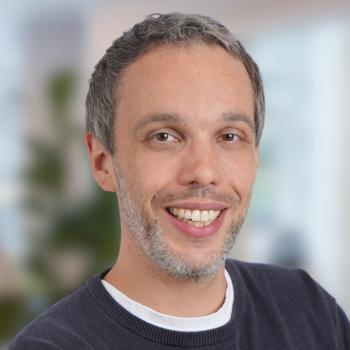
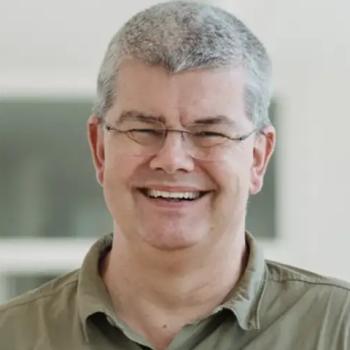



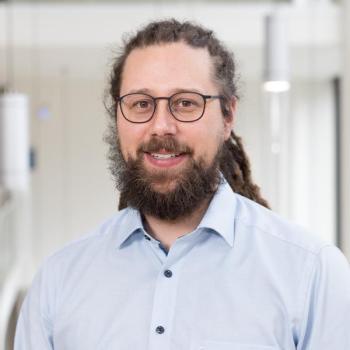

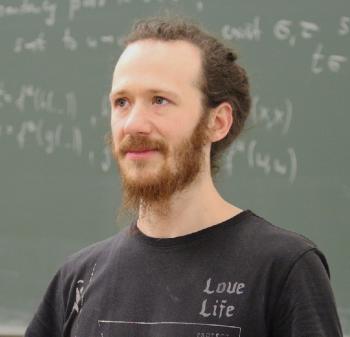
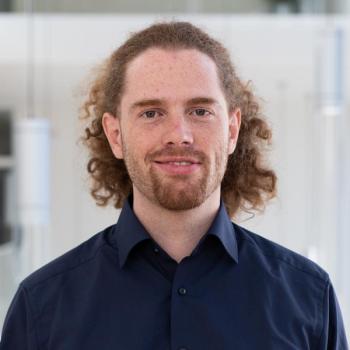

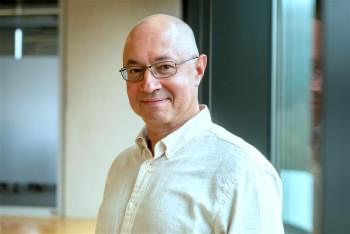


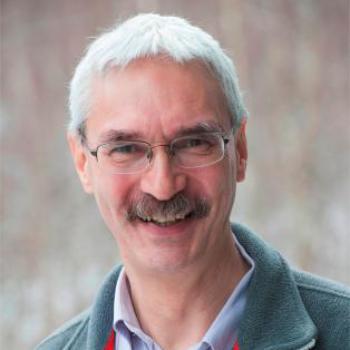
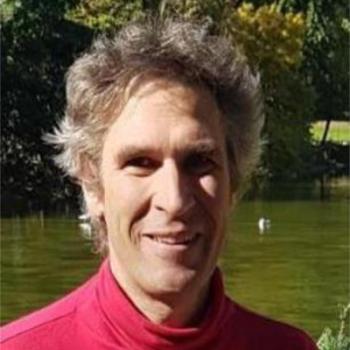

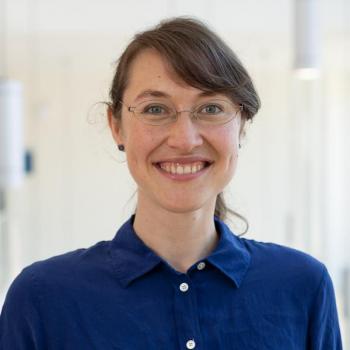
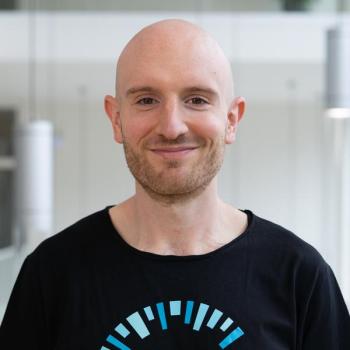


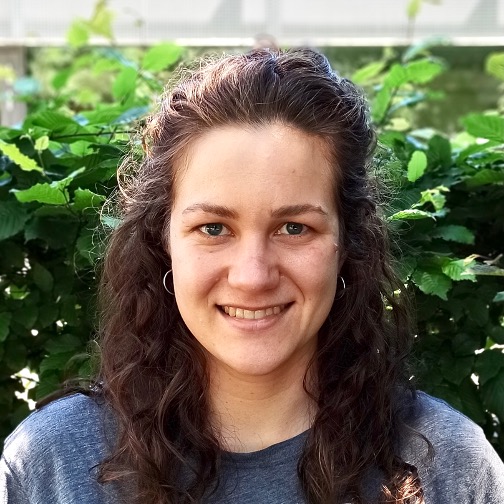
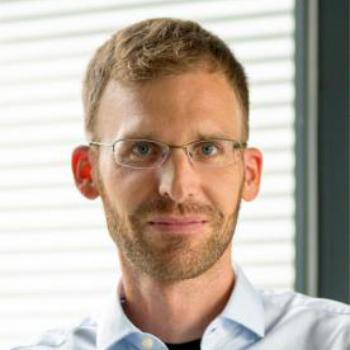
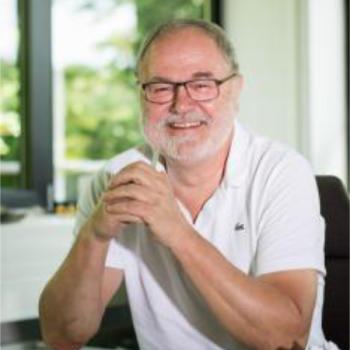



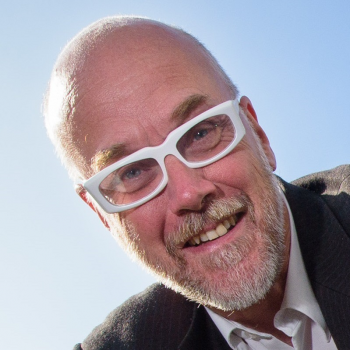

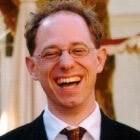


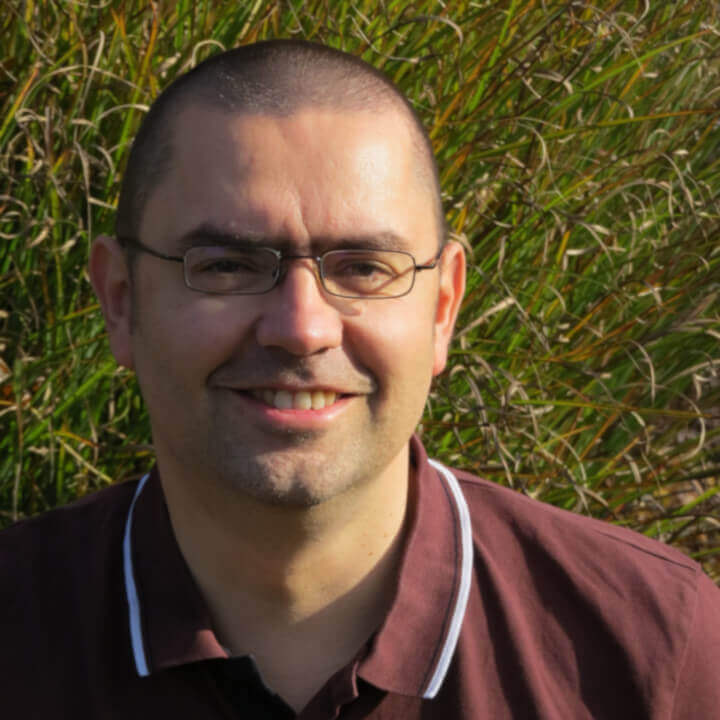
Research Highlights
Scientists at the Saarland Informatics Campus (SIC) carry out top-level research. Their projects are presented at renowned international conferences, as well as at trade fairs such as the international computer expo CeBIT in Hannover.
Research Fields
Around 30 research topics are explored by the scientists of the Saarland Informatics Campus (SIC) – from theoretical computer science, formal methods, algorithms and complexity, through artificial intelligence, machine learning, and computational linguistics, to embedded systems and language processing.
- Algebra
- Algorithms
- Applied Analysis
- Artificial Intelligence and Machine Learning (Foundations and Application)
- Computational Biology and Life Sciences
- Computational Linguistics
- Data Science
- Didactics of Computer Science and Mathematics
- Formal Methods
- Human-Computer Interaction
- Mathematical Data Analysis
- Numerical Mathematics
- Security and Cryptography
- Software and Hardware Systems
- Stochastics
- Visual and Geometric Computing
Contacts, Directories, Research Groups
Around 1000 researchers make the Saarland Informatics Campus a unique location for computer science. They do research as PhD students, independent research group leaders, professors, and emeritus professors in more than 77 research groups.
66123 Saarbrücken

Doctoral Studies
The Saarbrücken Graduate School of Computer Science provides an optimal environment for pursuing doctoral studies in computer science at an internationally competitive level. As a student, you undergo research-oriented training and experience a stimulating and scientifically challenging atmosphere. Advised by internationally renowned scientists, you can participate in one of the many research groups and find your way into top-notch research.
66123 Saarbrücken
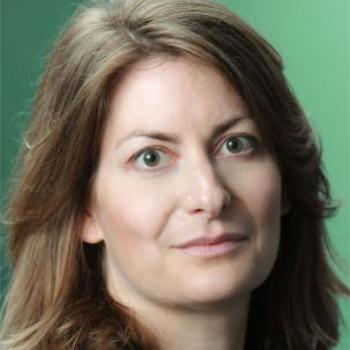
Library
The Campus Library for Computer Science and Mathematics is the common library of the on-campus Max Planck Institutes, the German Research Center for Artificial Intelligence and the Departments of Computer Science and Mathematics at Saarland University. In addition to 120,000 computer science and mathematics publications, the library also offers individual and group work spaces.
Please refer to the website of the Campus Library of Mathematics and Computer Science
Open Science / Open Access
Open Science (OS) promotes free and unrestricted access to scientific knowledge and data, enabling their open dissemination via the internet. Key aspects of Open Science include unrestricted access to research data (Open Data) and academic publications (Open Access). Digital technologies provide new opportunities to make science more transparent, accessible, and collaborative.
Learn more and find all key information here.
66123 Saarbrücken
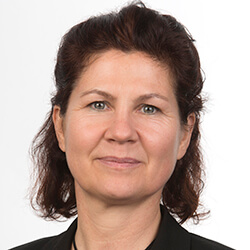
Technology Transfer: Collaboration and Investment
To convert research results into products and licenses, the Saarland Informatics Campus offers a comprehensive infrastructure for the support of start-ups. Saarland University's newly established "Triathlon" organization bundles all activities for the fostering of researchers in the fields of entrepreneurship, innovation and technology transfer. It includes an incubator for tech start-ups, ,an internal patent office and comprehensive capacities for intensive support of start-up projects. Software developments are protected by open source and proprietary licenses. In the 2022 edition of the "Gründungsradar" (Start-up Radar), the UdS ranked 2nd among the 59 large German universities.
Job Opportunities
From internships to professorships, job opportunities at the Saarland Informatics Campus are wide-ranging. Whether during your studies, or as the next step in your career, the SIC as an employer offers excellent prospects to gain your footing on our campus.
The Career Center - Supporting International Students In Their Career
The Career Center is your contact for all questions regarding career entry. Our aim is to keep your studies practical by supporting you in finding internships, helping you develop intercultural and soft skills, getting in touch with companies, and assisting you in presenting yourself well for a job interview, for example.
Selected Highlights:
Hiwi Position Marketing & Communication, Tech (m/w/d)
Our team is looking for student support (f/m/d) in the areas of social media, copywriting, marketing, communication, organization as well as tech for the #SIC and the computer science department.Send your application to:
Student Assistant (HiWi) position (m/f/x)
In his newly-established group focused on user-centered learning sciences and technology research, Professor Tomohiro Nagashima is looking for 1-2 Student Research Assistants (HiWi) who can support new exciting research on learning technology and learning sciences.
Postdoctoral Scholar as a Humboldt Research Fellow (m/f/x)
At LaLa Lab (Learning to Adapt, Learning with Agency Lab) in the Department of
Computer Science at Saarland University, Professor Tomohiro Nagashima is looking for a Postdoctoral Scholar who will conduct independent research within Human-Computer Interaction (HCI), the Learning Sciences, Cognitive Science, and Educational Psychology.
Dates, Lectures and Events
Subscribe: Google Calendar/iCal
Dates, Lectures and Events
Subscribe: Google Calendar/iCal

